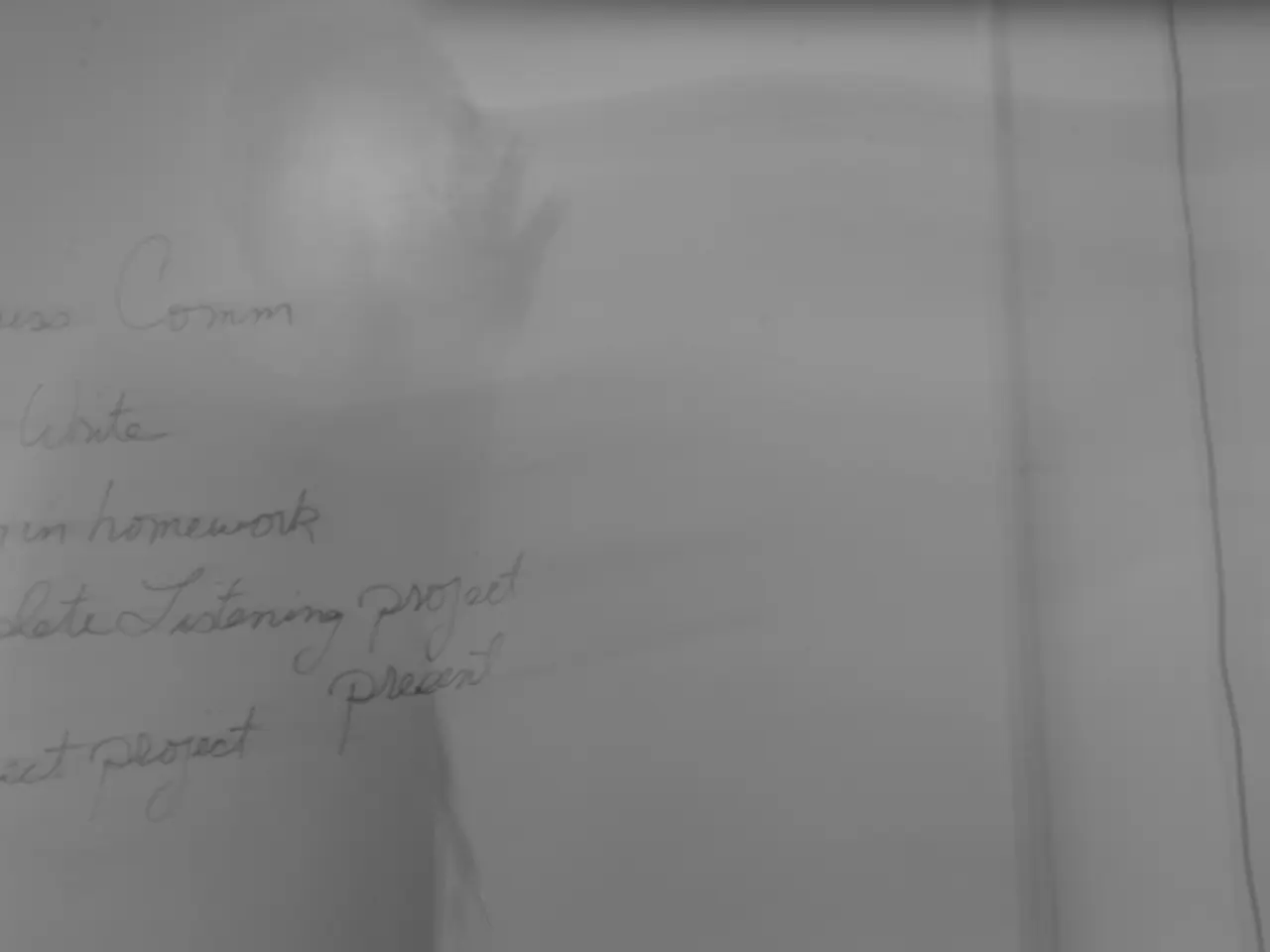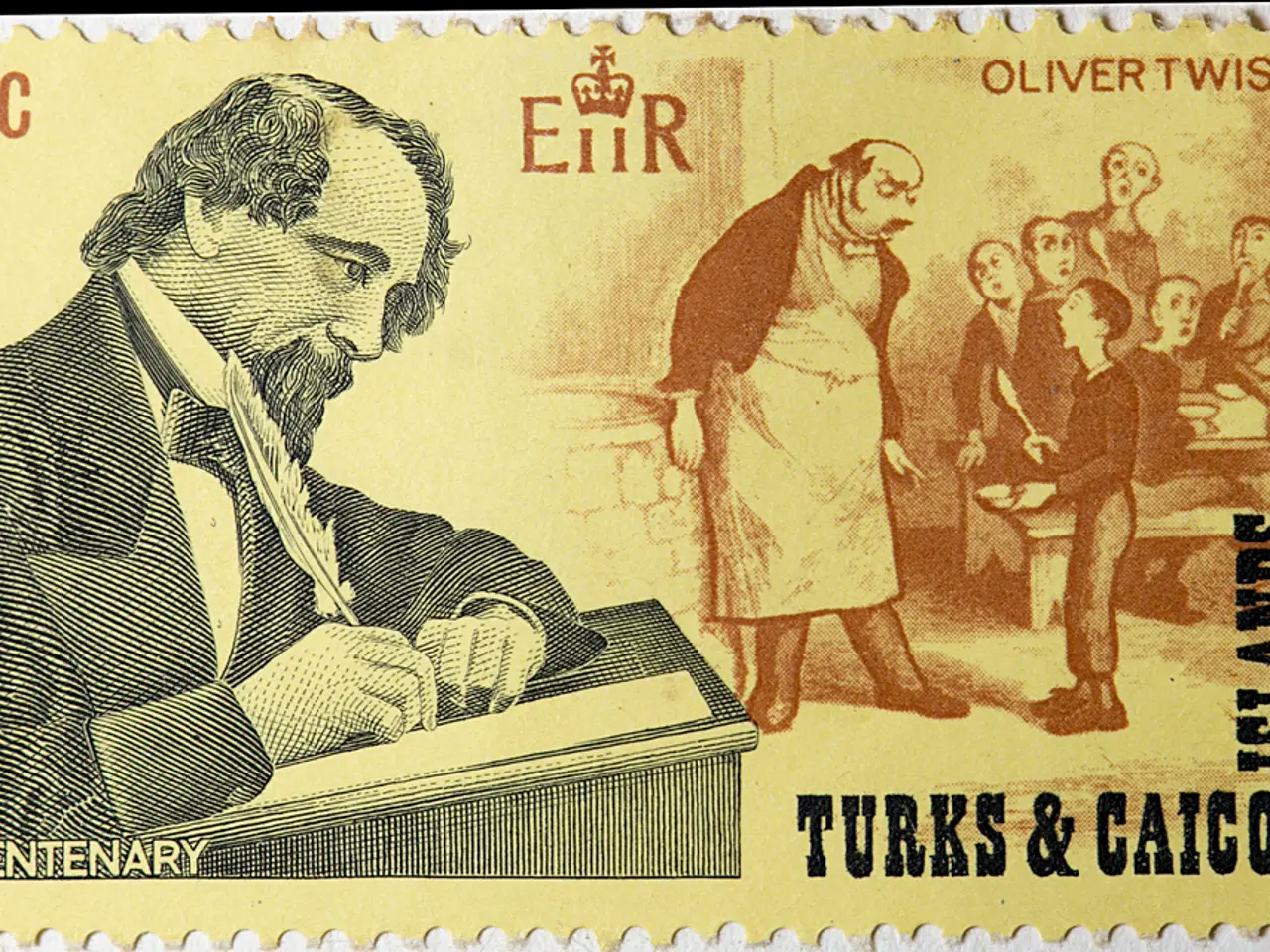Customs agreement between the U.S. and EU poses significant economic setbacks for North Rhine-Westphalia, causing billions in losses.
Impacts of the 15% US Tariff Deal on North Rhine-Westphalia's Economy
A new tariff deal between the USA and the EU has set a 15% ceiling on tariffs for most EU exports to the US, replacing the threat of higher 30% US tariffs. This deal, while seen as a compromise, is expected to have a significant impact on export-heavy economies like Germany and its industrial heartland, North Rhine-Westphalia (NRW).
The tariff will increase costs for EU exporters, particularly affecting industries central to NRW's economy such as automotive, machinery, and manufacturing. This could squeeze profit margins or force these industries to raise prices on US-bound goods.
The 15% tariff makes German exports more expensive relative to US and other competitors’ goods, potentially leading to a decline in export volumes. NRW, with significant exports to the US, is more vulnerable to tariff-driven slowdowns, as is the wider German economy.
The tariff could also cause fluctuations in prices for goods within NRW, depending on demand and supply changes. An excess supply in Germany could lead to falling prices due to tariff adjustments, while a decrease in demand could reduce production volumes and potentially lead to price increases.
The business community in NRW has not expressed any positive response to the tariff deal, but the specific impact of price adjustments on their operations remains to be seen. The tariff deal may lead to a shift in pricing strategies for companies exporting to the USA, potentially affecting their profit margins.
The USA is the third most important export market for NRW, following the Netherlands and France. As a result, the tariff deal is causing a loss of around one billion euros for the economy of NRW.
Other associations in NRW express similar views about the tariff deal. The Association of Employers in NRW views the tariff deal as a massive burden. NRW's Minister of Economics, Neubaur, states that the tariff deal was agreed upon to avoid a trade war.
Two likely scenarios are considered: either a decrease in exports to the USA, negatively affecting profits and employment, or companies offsetting higher tariffs through price adjustments. The EU has pledged large-scale investments in the US, including a $600 billion commitment, plus increased purchases of US energy ($750 billion through 2028), to offset tariff-related trade frictions and deepen transatlantic economic ties.
In sum, NRW's export-intensive economy is likely to face headwinds from the 15% US tariff, with higher export costs and possible demand reductions. The EU's strategic investments and energy deals aim to mitigate some negative impacts, but exporters may need to adapt pricing, supply chains, and market strategies in response to these changes. The overall economic impact remains uncertain but will differ across sectors and depend on how tariffs are absorbed and the evolving US economic environment.
- The new 15% US tariff deal on EU exports will significantly affect policy-and-legislation for businesses operating in North Rhine-Westphalia (NRW), particularly in the finance sector due to potential fluctuations in profit margins and reduced export volumes.
- Politics and policies surrounding the 15% US tariff will have a profound impact on the business community in NRW, with general-news outlets reporting a widespread negative response from associations and the Minister of Economics.
- The 15% tariff on EU exports to the US could create numerous challenges for the overall economy and business landscape in North Rhine-Westphalia, including the need for adapting pricing, supply chains, and market strategies to respond to the changing economic environment.




